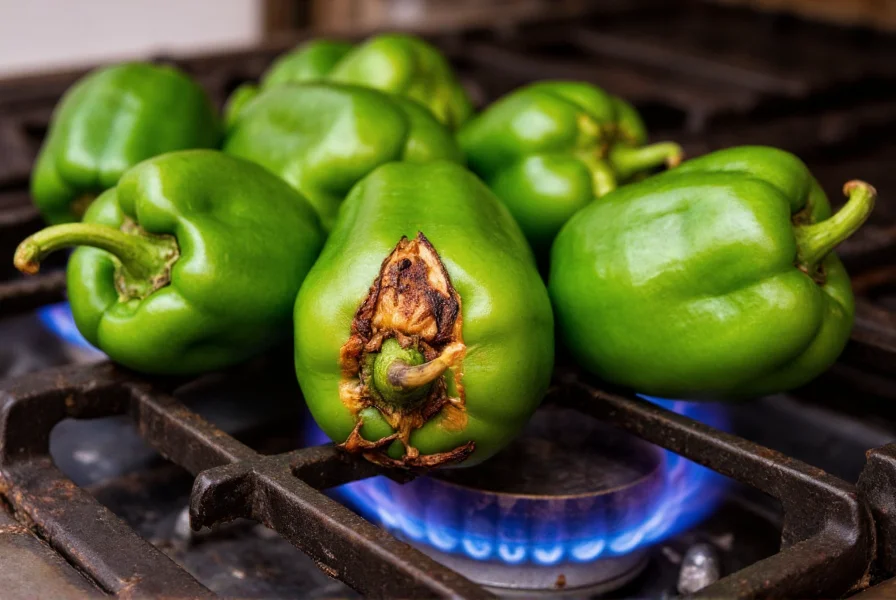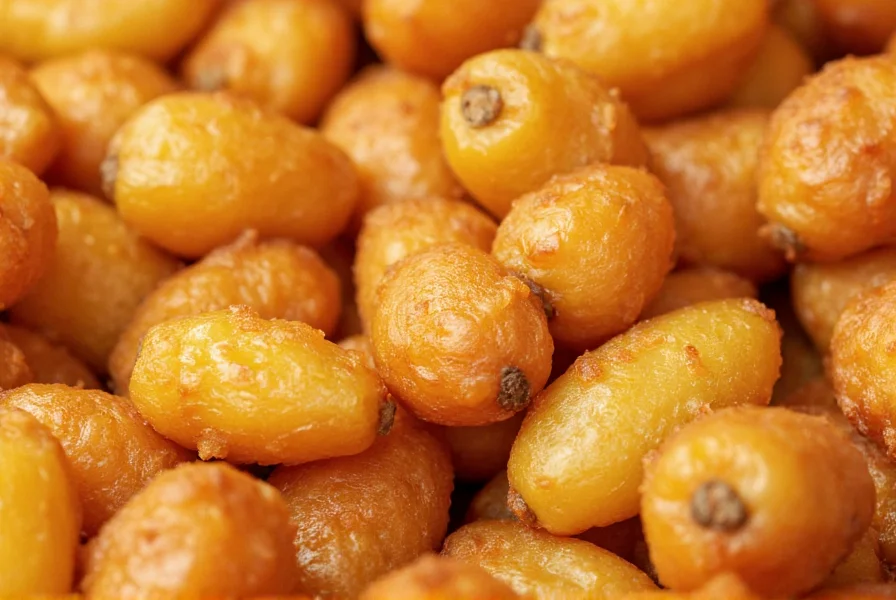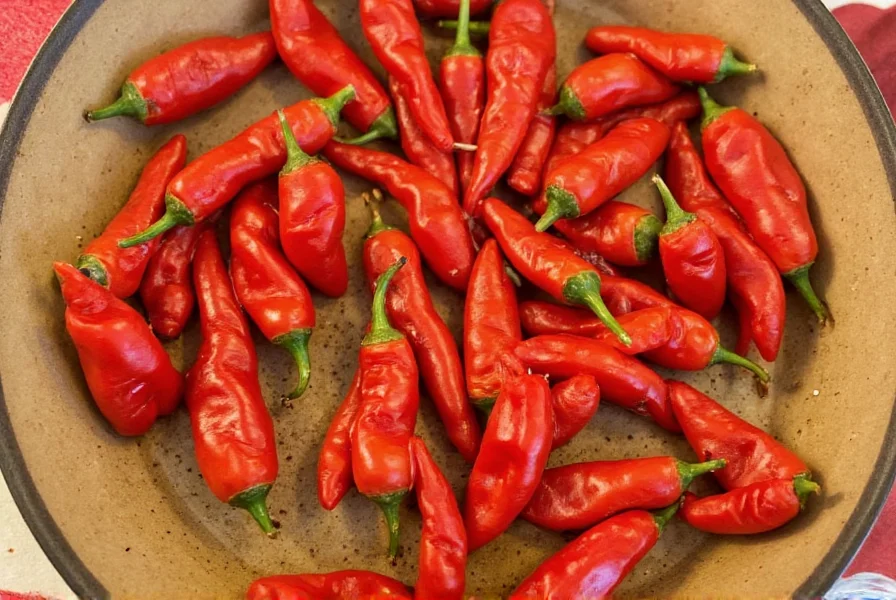Mastering the Art of Traditional Chili Rellenos
Chili rellenos represent one of Mexico's most beloved culinary treasures—a perfect harmony of smoky roasted poblano peppers, creamy melted cheese, and delicate fried batter. This iconic dish has evolved from humble street food to a celebrated centerpiece in authentic Mexican cuisine. While variations exist across regions, the traditional preparation remains remarkably consistent in its technique and ingredients.Understanding Authentic Chili Rellenos
True chili rellenos begin with fresh poblano peppers, not canned alternatives. The name itself reveals the dish's essence: "chili" refers to the pepper, "relleno" means stuffed in Spanish. This isn't merely a stuffed pepper dish—it's a carefully orchestrated process where each step affects the final result. Many home cooks struggle with peppers breaking during frying or batter that won't adhere properly, but these issues stem from technique rather than complexity.Essential Ingredients for Perfect Chili Rellenos
The magic of chili rellenos lies in its simplicity. Authentic preparation requires minimal ingredients, each playing a crucial role:| Ingredient | Traditional Choice | Key Purpose |
|---|---|---|
| Poblano peppers | 6-8 fresh, medium-sized | Provide smoky flavor and structure |
| Cheese filling | Queso fresco or Oaxaca cheese | Melts perfectly without leaking |
| Batter | Egg whites with pinch of salt | Crisp, light coating that adheres |
| Frying oil | Canola or vegetable oil | Neutral flavor, high smoke point |
Specialized Equipment You'll Need
While chili rellenos don't require exotic tools, having the right equipment makes preparation significantly easier:- Gas stove or broiler for proper pepper roasting
- Cast iron or heavy-bottomed frying pan
- Slotted spoon with gentle grip
- Cooking thermometer (for oil temperature)
- Small pastry brush for gentle handling

Step-by-Step Preparation Guide
1. Perfecting the Pepper Roasting Process
The foundation of exceptional chili rellenos begins with properly roasted poblano peppers. Place peppers directly over a gas flame, turning frequently with tongs until completely blackened and blistered (about 8-10 minutes). Alternatively, broil on high for 15-20 minutes, turning occasionally. The critical step many miss: after roasting, immediately place peppers in a sealed plastic bag or covered bowl for 15 minutes. This steaming process loosens the skin for easy removal while preserving the pepper's integrity.2. Careful Skinning and Stuffing Technique
Gently peel the charred skin starting from the stem end, working toward the tip. Avoid excessive handling that might tear the delicate pepper walls. Make a small incision along the side (not through the stem end) to create an opening for stuffing. Traditional fillings use whole cheese sticks rather than crumbled cheese—this prevents leakage during frying. Insert 1-2 ounces of cheese per pepper, being careful not to overstuff.3. Creating the Perfect Batter
The batter makes or breaks chili rellenos. Separate eggs completely—any yolk in the whites prevents proper whipping. Whip egg whites with a pinch of salt until stiff peaks form (when the bowl is inverted, the whites shouldn't slide). This technique creates a light, stable coating that adheres well during frying. For best results, prepare batter immediately before frying.4. Mastering the Frying Technique
Heat oil to precisely 350°F (175°C) in a deep skillet—use a thermometer for accuracy. Gently dip each stuffed pepper first in beaten egg yolks (optional but traditional), then in the whipped egg whites, ensuring complete coverage. Fry 2-3 peppers at a time for 2-3 minutes per side until golden brown. The critical temperature window: below 350°F causes oil absorption, above 375°F burns the batter before the cheese melts.
Avoiding Common Chili Rellenos Mistakes
Even experienced cooks encounter pitfalls with this deceptively simple dish. The most frequent issues and their solutions:- Peppers breaking during frying: Caused by improper skin removal or overstuffing. Solution: Steam peppers properly after roasting and handle gently during skinning.
- Batter not adhering: Results from insufficiently whipped egg whites or oil temperature too low. Solution: Whip whites to stiff peaks and maintain precise 350°F oil temperature.
- Soggy exterior: Occurs when oil temperature drops during frying. Solution: Fry in small batches and allow oil to return to 350°F between batches.
- Cheese leakage: Happens with wrong cheese type or overfilling. Solution: Use queso fresco or Oaxaca cheese in whole stick form.
Traditional Serving Methods
Authentic chili rellenos are typically served with either a simple tomato sauce or the more traditional ranchero sauce. For the best experience, serve immediately after frying while the cheese remains perfectly melted. Traditional accompaniments include:- Refried beans (frijoles refritos)
- Mexican rice (arroz rojo)
- Simple green salad with lime vinaigrette
- Warm corn tortillas
Storage and Reheating Guidelines
While chili rellenos are best enjoyed fresh, proper storage maintains quality for leftovers. Cool completely on a wire rack, then store in an airtight container with parchment paper between layers. Refrigerate for up to 2 days. For reheating, avoid the microwave which makes batter soggy. Instead, place on a baking sheet and warm in a 325°F oven for 8-10 minutes until heated through.Frequently Asked Questions
Can I bake chili rellenos instead of frying them?
While traditional preparation requires frying for the authentic texture, you can bake chili rellenos for a lighter version. Preheat oven to 400°F, place battered peppers on a greased baking sheet, and bake for 20-25 minutes until golden. The texture will be different—more like a frittata than the classic crisp exterior—but it's a viable alternative for those avoiding deep frying.
What's the best cheese for authentic chili rellenos?
Traditional Mexican recipes use queso fresco or Oaxaca cheese. Queso fresco maintains its shape while softening, while Oaxaca cheese offers that desirable stringy melt. Avoid cheeses with high moisture content like mozzarella, which leaks during frying. For the authentic experience, use whole cheese sticks rather than crumbled cheese to prevent leakage.
How do I prevent the batter from sliding off the peppers?
The key to proper batter adhesion is in the egg white preparation and oil temperature. Whip egg whites to stiff peaks with a pinch of salt, and ensure oil is precisely 350°F before frying. Some traditional methods include a light dusting of flour or dipping in beaten egg yolks first, which creates a better surface for the whipped whites to adhere to. Handle peppers gently with a pastry brush during coating to maintain the batter's structure.
Can I prepare chili rellenos ahead of time?
You can prepare components ahead but avoid complete assembly until ready to cook. Roast and peel peppers up to 24 hours in advance, storing them in an airtight container. Prepare batter immediately before frying as whipped egg whites lose volume over time. For best results, stuff peppers and apply batter just before frying to maintain structural integrity and achieve the perfect crisp texture.
What's the difference between chili rellenos and stuffed peppers?
While both involve stuffed peppers, authentic chili rellenos specifically use roasted poblano peppers that have been carefully skinned, stuffed with cheese (not meat or rice mixtures), dipped in egg white batter, and fried. Traditional stuffed peppers often use bell peppers, contain meat/rice fillings, and are baked without batter. The preparation method, pepper type, and batter distinguish true chili rellenos from other stuffed pepper dishes.











 浙公网安备
33010002000092号
浙公网安备
33010002000092号 浙B2-20120091-4
浙B2-20120091-4